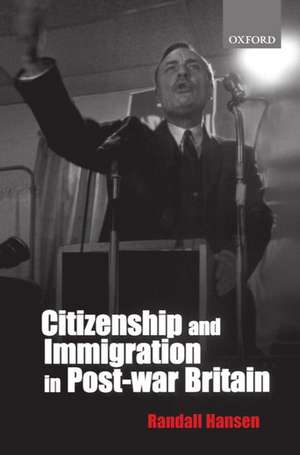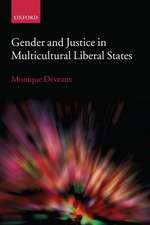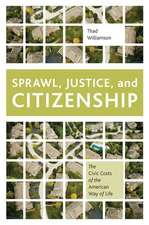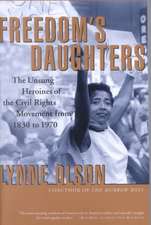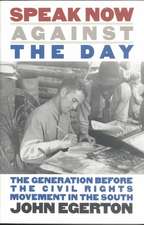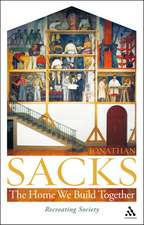Citizenship and Immigration in Postwar Britain
Randall Hansenen Limba Engleză Paperback – iun 2000
Preț: 597.44 lei
Preț vechi: 905.11 lei
-34% Nou
Puncte Express: 896
Preț estimativ în valută:
114.33€ • 124.15$ • 96.04£
114.33€ • 124.15$ • 96.04£
Carte tipărită la comandă
Livrare economică 11-17 aprilie
Preluare comenzi: 021 569.72.76
Specificații
ISBN-13: 9780199240548
ISBN-10: 019924054X
Pagini: 316
Dimensiuni: 156 x 235 x 17 mm
Greutate: 0.47 kg
Ediția:New.
Editura: OUP OXFORD
Colecția OUP Oxford
Locul publicării:Oxford, United Kingdom
ISBN-10: 019924054X
Pagini: 316
Dimensiuni: 156 x 235 x 17 mm
Greutate: 0.47 kg
Ediția:New.
Editura: OUP OXFORD
Colecția OUP Oxford
Locul publicării:Oxford, United Kingdom
Recenzii
a judicious analysis of the policy-making apparatus of the British state
This important and well-argued book provides the best-documented account so far of the evolution of British immigration and citizenship policy since the Second World War... effective use of Colonial and Cabinet Office records... a particularly good explanation of the political administrative debate within the government... Hansen is reluctant to accept simplistic and reductionist accounts of the embarrassingly weak response of liberal politicians to the introduction of restrictionist immigration controls.
This important and well-argued book provides the best-documented account so far of the evolution of British immigration and citizenship policy since the Second World War... effective use of Colonial and Cabinet Office records... a particularly good explanation of the political administrative debate within the government... Hansen is reluctant to accept simplistic and reductionist accounts of the embarrassingly weak response of liberal politicians to the introduction of restrictionist immigration controls.
